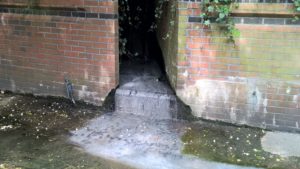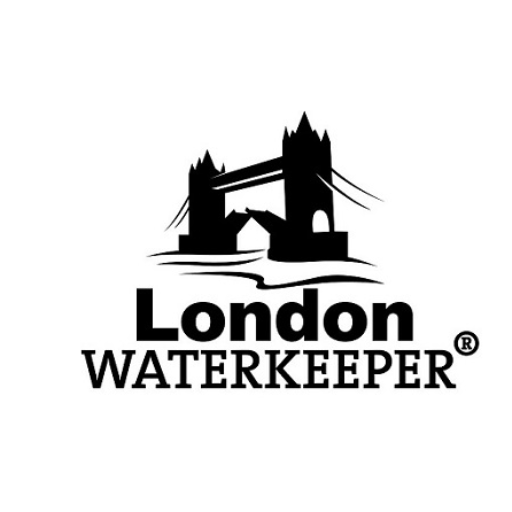Rivers in London are being polluted by more than 1,000 dirty drains. In 2019 we asked Thames Water, to boost investigations by 5x in their Business Plan for 2020-25. We wanted to see 200 outfalls checked a year, up from the previous 40. Initially, Thames Water only proposed increasing inspections to 100 a year. After hundreds of people backed our campaign Thames Water’s final plan had a target of investigating 750 polluting outfalls over 5 years. Not as many as we wanted, but better than 500. But this never happened. Because the regulator Ofwat didn’t allow Thames Water to spend as much as they wanted the checks stayed at 40 a year. This was not publicly announced, but we recently became aware nothing had changed.

This is preventable pollution. Thousands of homes have connected washing machines, showers and toilets to drainpipes. This turns rivers into sewers (only rainwater should go down drainpipes). In addition, blockages caused by wet wipes and cooking oil cause sewers to overflow into drains that lead to rivers.
All of this puts our health at risk. London Waterkeeper has taken water samples in public parks and found worrying levels of e-coli bacteria. This shows sewage is in rivers that anyone could come into contact with.
This Zoological Society of London report makes it clear how bad the problem is. Volunteers walked along rivers to locate polluting outfalls and determine the extent of the problem. Based on that research ZSL says there are more than 1,000 outfalls that are damaging rivers in London. If the number of drains that were cleaned up had been 150 a year water quality would have improved. Thames Water has an excellent team and contractors that locate the source of pollution. Whole schools, care homes and nightclubs have been discovered with toilets, sinks and washing machines going to a local river.
Frequent checks are also needed because some drains don’t remain sewage-free for long enough. New sources of pollution occur faster than old ones can be found and stopped. The national misconnections information campaign has a very low profile, not reaching enough people.

Our rivers are caught in a vicious circle which sees them perpetually contaminated by effluent. The Wealdstone Brook was declared clean in March 2015. But 14 months later it was polluted again, stinking and coated with sewage fungus.
For decades Ofwat has let nature and us down. If they had made water companies invest more in the maintenance of their networks rather than pay dividends we would not have creaking infrastructure. Then, bill increases spread over this longer timescale could have seen more investigations into properties that are breaking the law by connecting their wastewater pipes to rivers.
